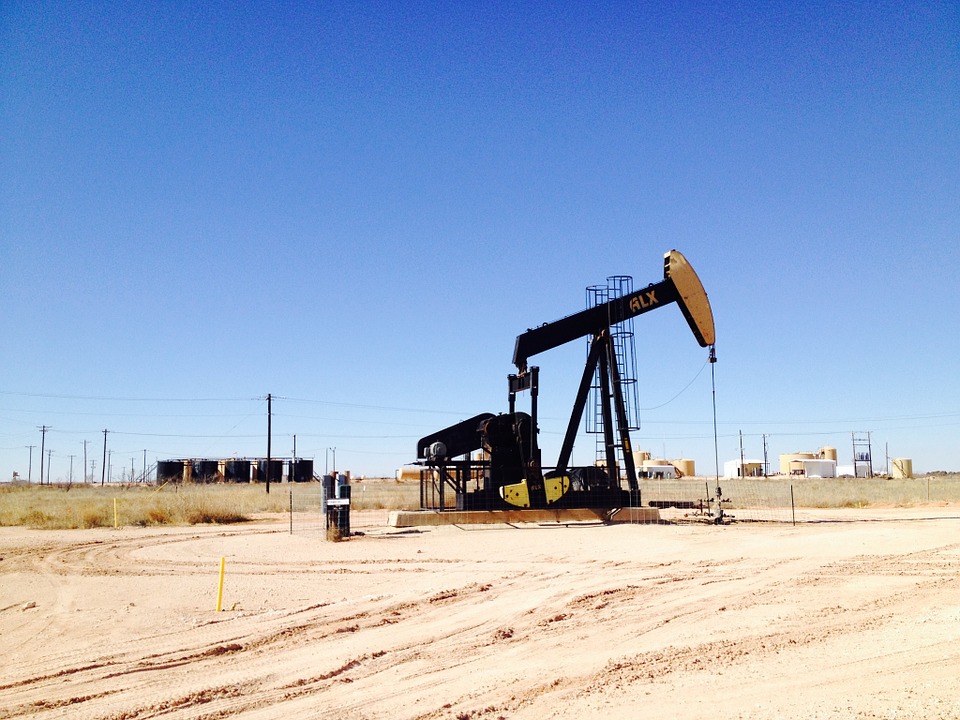"On my first day as President, I will sign a decree that introduces a complete moratorium on the provision of new sites for the extraction of fossil fuels," Warren tweeted in early September, noting that this applies to both maritime sites and federal lands.
"And I will ban the use of hydraulic fracturing technology - everywhere," she said.
The ban on the use of hydraulic fracturing technology, which is used by oil companies to extract oil and gas from shale, will require legislative decisions and will cause serious protests from companies, investors and, probably, even some state governments, writes The Wall Street Journal.
The question of what will happen if Warren wins the election “takes a lot of time at our meetings with clients,” notes Jake Roberts, oil and gas sector analyst Tudor, Pickering, Holt & Co..
"We are surprised that people take these threats seriously," Roberts said.
According to the Tudor Pickering forecast, in the event of the prohibition of the use of hydraulic fracturing technology, US natural gas prices will jump to $ 9-15 per 1 million British thermal units (BTU) compared with $ 2.238 per 1 million BTU on Monday.
The cost of WTI oil, according to Tudor Pickering, can rise from the current $ 53.5 to $ 80-85 per barrel, and in case of market shocks it will go up to $ 150 per barrel.
Experts note that in the event of the realization of Warren threats, many oilfield service companies will simply become unnecessary, pipeline operators will face problems due to insufficient filling of pipelines amid depletion of existing wells.
Warren’s representative Alexis Krieg said the goal of the senator's initiatives is to motivate investors to transfer money from the oil and gas business.
“We hope that they will respond appropriately and move their investments into carbon-free assets, instead of continuing to pollute our planet,” Krieg said.
Analyst Cowen Inc. David Deckelbaum notes that the dynamics of stock prices of five American companies with large oil and gas production operations on federal lands, including Devon Energy Corp., Concho Resources Inc. and Occidental Petroleum Corp., are about 5% worse than that of companies not focusing on such operations.
There was no serious reaction from oil companies to Warren’s statement, and experts explain this by the fact that many investors earlier got rid of these securities, considering them unattractive.
Shares of more than 40 US oil and gas exploration companies have lost at least half their market value over the past year, writes WSJ.
source: wsj.com
"And I will ban the use of hydraulic fracturing technology - everywhere," she said.
The ban on the use of hydraulic fracturing technology, which is used by oil companies to extract oil and gas from shale, will require legislative decisions and will cause serious protests from companies, investors and, probably, even some state governments, writes The Wall Street Journal.
The question of what will happen if Warren wins the election “takes a lot of time at our meetings with clients,” notes Jake Roberts, oil and gas sector analyst Tudor, Pickering, Holt & Co..
"We are surprised that people take these threats seriously," Roberts said.
According to the Tudor Pickering forecast, in the event of the prohibition of the use of hydraulic fracturing technology, US natural gas prices will jump to $ 9-15 per 1 million British thermal units (BTU) compared with $ 2.238 per 1 million BTU on Monday.
The cost of WTI oil, according to Tudor Pickering, can rise from the current $ 53.5 to $ 80-85 per barrel, and in case of market shocks it will go up to $ 150 per barrel.
Experts note that in the event of the realization of Warren threats, many oilfield service companies will simply become unnecessary, pipeline operators will face problems due to insufficient filling of pipelines amid depletion of existing wells.
Warren’s representative Alexis Krieg said the goal of the senator's initiatives is to motivate investors to transfer money from the oil and gas business.
“We hope that they will respond appropriately and move their investments into carbon-free assets, instead of continuing to pollute our planet,” Krieg said.
Analyst Cowen Inc. David Deckelbaum notes that the dynamics of stock prices of five American companies with large oil and gas production operations on federal lands, including Devon Energy Corp., Concho Resources Inc. and Occidental Petroleum Corp., are about 5% worse than that of companies not focusing on such operations.
There was no serious reaction from oil companies to Warren’s statement, and experts explain this by the fact that many investors earlier got rid of these securities, considering them unattractive.
Shares of more than 40 US oil and gas exploration companies have lost at least half their market value over the past year, writes WSJ.
source: wsj.com





